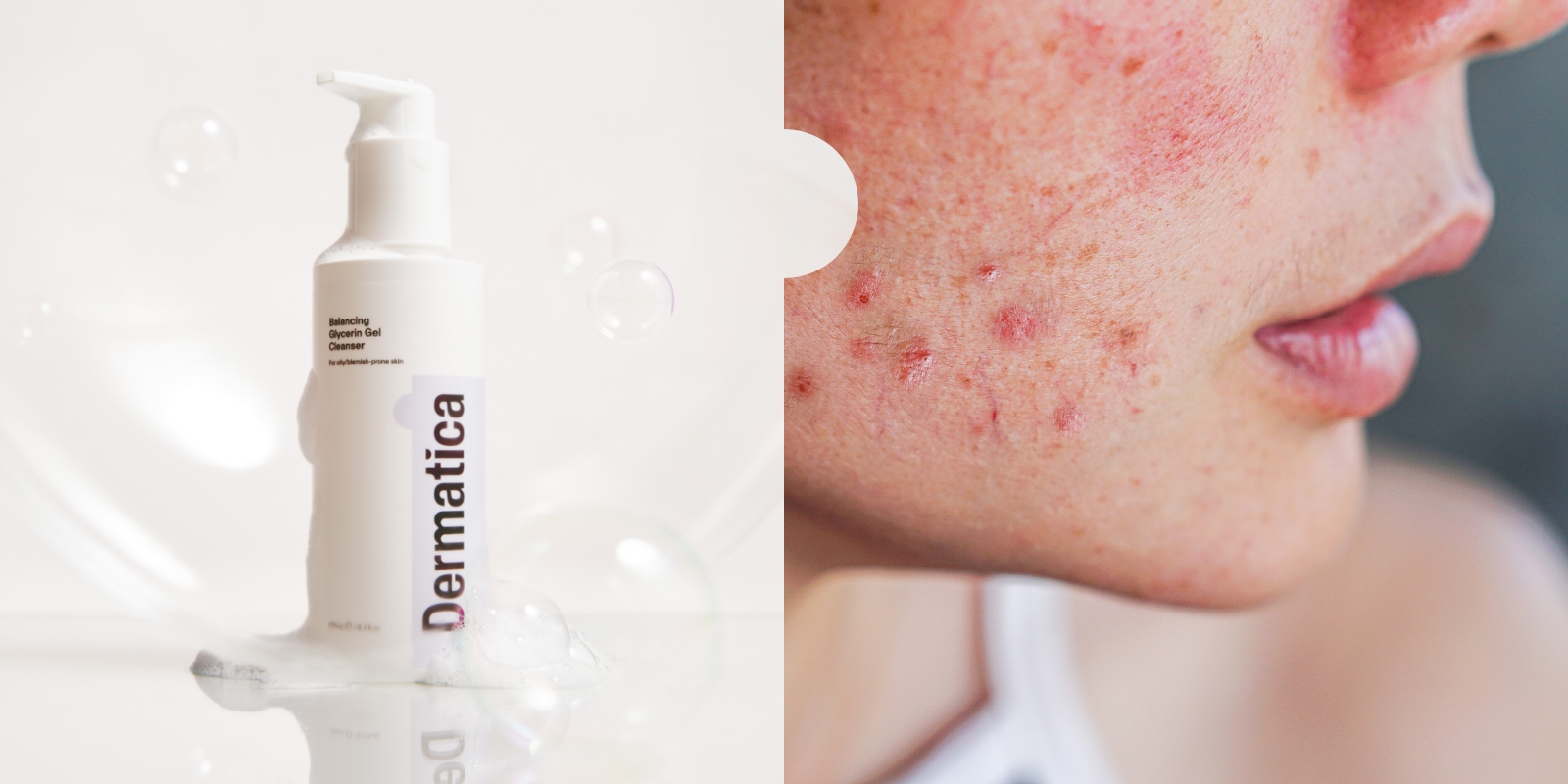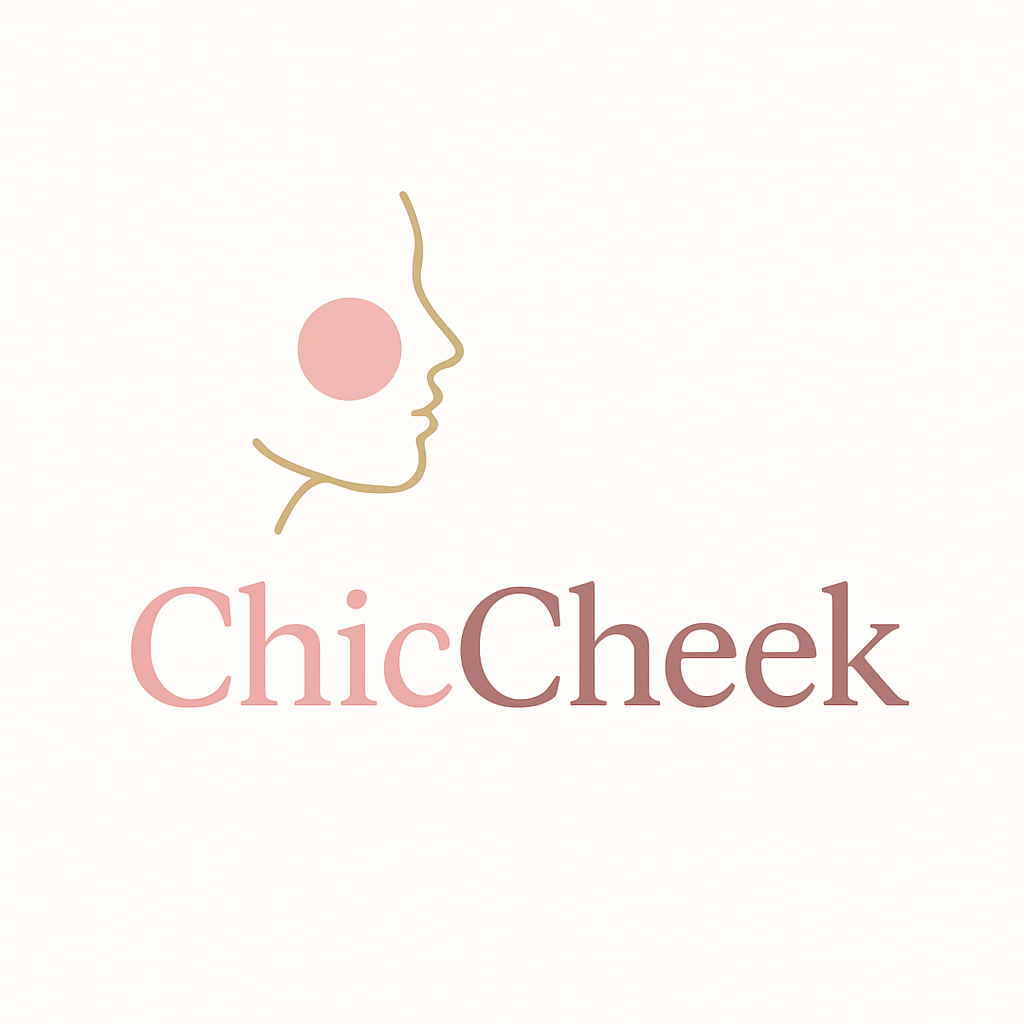Are you tired of dealing with stubborn cheek acne that just won’t go away? You’re not alone, and the good news is that you can take control of your skin.
Cheek acne can affect your confidence and comfort, but understanding how to treat it effectively is easier than you think. You’ll discover practical steps and simple tips to clear your cheeks and boost your glow. Keep reading, because the solution to your acne problem is closer than you imagine.
Causes Of Cheek Acne
Cheek acne can be frustrating and confusing. Understanding its causes helps in managing it better. Many factors contribute to acne on the cheeks. These include changes inside the body and habits in daily life. Knowing these causes makes it easier to choose the right treatment and prevent future breakouts.
Hormonal Changes
Hormones play a big role in acne development. Teenagers often get cheek acne due to puberty. Hormone shifts increase oil production in skin glands. Women may notice acne during menstrual cycles or pregnancy. Hormonal imbalances can cause clogged pores and inflammation. This leads to red bumps and pimples on cheeks.
Diet And Lifestyle
What you eat affects your skin health. Foods high in sugar and dairy may trigger acne. Eating too much junk food can worsen cheek acne. Lack of sleep and stress also impact skin condition. Poor habits like touching your face spread bacteria. Clean habits and a balanced diet support clearer skin.
Skincare Products
Using the wrong skincare products can cause cheek acne. Heavy creams and oily makeup clog pores. Some products irritate sensitive skin and cause breakouts. Check labels for non-comedogenic or oil-free options. Proper cleansing removes dirt and excess oils. Gentle skincare helps keep cheeks clear and healthy.

Credit: www.dermatica.co.uk
Daily Skincare Routine
Daily skincare plays a big role in getting rid of cheek acne. It helps keep your skin clean and healthy. A good routine removes dirt, oil, and bacteria. This stops acne from forming and keeps your skin calm. Simple steps done every day make a big difference.
Cleansing Techniques
Clean your face twice a day using a gentle cleanser. Use lukewarm water, not hot or cold. Avoid harsh scrubbing to stop skin irritation. Pat your face dry with a soft towel. Use your fingertips, not a cloth, to clean. This helps remove dirt without harming your skin.
Moisturizing Tips
Choose a light, oil-free moisturizer to keep skin hydrated. Apply it after cleansing while your skin is still damp. This locks in moisture and stops dryness. Avoid heavy creams that can clog pores. Moisturizing balances your skin and reduces acne flare-ups.
Sun Protection
Use a broad-spectrum sunscreen every day, even if it’s cloudy. Sunscreen protects your skin from harmful UV rays. Choose a non-comedogenic formula to avoid clogging pores. Reapply sunscreen every two hours when outside. Protecting your skin helps reduce redness and dark spots.
Effective Acne Treatments
Dealing with cheek acne can be tough and frustrating. Effective treatments help clear acne and prevent new spots. Choosing the right method depends on your skin type and acne severity. This guide covers key treatments that work well to reduce cheek acne.
Topical Medications
Topical medications apply directly to the skin. They reduce oil and kill acne-causing bacteria. Common options include benzoyl peroxide, salicylic acid, and retinoids. These products unclog pores and reduce inflammation. Use them as directed to avoid dryness or irritation. Consistent use shows results in a few weeks.
Natural Remedies
Natural remedies use simple ingredients from nature. Tea tree oil has antibacterial properties that fight acne. Aloe vera soothes skin and reduces redness. Honey acts as a gentle cleanser and healer. These remedies suit sensitive skin and cause fewer side effects. Patch test first to check for allergies or irritation.
Professional Options
Professional treatments offer strong, fast results. Dermatologists may recommend chemical peels or laser therapy. These methods remove dead skin and kill bacteria deep in pores. Prescription medicines like antibiotics or oral retinoids help severe acne. Always consult a skin expert before starting these treatments. They tailor care to your skin’s needs.

Credit: www.youtube.com
Diet And Lifestyle Changes
Changing your diet and lifestyle can help reduce cheek acne. Small habits affect your skin’s health. Eating the right foods and managing daily stress improve your skin’s look. Drinking enough water also cleanses your body and skin. These simple steps support clearer cheeks.
Foods To Avoid
Avoid foods that cause inflammation and oil buildup. Stay away from sugary snacks, fried foods, and dairy products. These can trigger acne or make it worse. Choose fresh vegetables, fruits, and whole grains instead. A healthy diet helps keep your skin clean.
Hydration Importance
Water flushes out toxins that harm your skin. Drink at least eight glasses of water each day. Proper hydration keeps your skin soft and less oily. It also helps heal existing acne faster. Carry a water bottle to remind yourself to drink more.
Stress Management
Stress raises hormone levels that cause acne. Practice deep breathing, meditation, or light exercise daily. Sleep well for at least seven hours every night. Relaxing lowers stress and helps your skin repair. A calm mind leads to clearer cheeks.
Preventing Future Breakouts
Preventing future breakouts is key to keeping your cheeks clear and healthy. Small, daily actions help stop acne before it starts. Consistency and awareness protect your skin from common causes of acne. Regular care keeps your skin balanced and less prone to irritation.
Consistent Habits
Wash your face twice a day with a gentle cleanser. Avoid scrubbing hard, which can irritate skin. Use non-comedogenic moisturizers to keep skin hydrated. Change pillowcases regularly to reduce bacteria. Keep hair clean and away from your cheeks.
Avoiding Common Triggers
Identify foods that cause your acne and reduce them. Stress can worsen acne; practice relaxation methods daily. Avoid touching your face with dirty hands. Limit heavy makeup and choose products suited for acne-prone skin. Protect skin from harsh weather by using sunscreen.
Regular Skin Checkups
Visit a dermatologist for professional advice and treatment. Early detection of skin issues prevents severe acne. Follow prescribed skincare routines strictly. Ask about new treatments or products for your skin type. Regular checkups help maintain long-term skin health.

Credit: www.bioclarity.com
Frequently Asked Questions
What Causes Acne On Cheeks And How To Prevent It?
Cheek acne is caused by oil, bacteria, and clogged pores. Keep your face clean and avoid touching it.
Which Skincare Products Help Reduce Cheek Acne Effectively?
Use gentle cleansers, non-comedogenic moisturizers, and acne treatments with salicylic acid or benzoyl peroxide.
How Often Should I Wash My Face To Avoid Cheek Acne?
Wash your face twice daily with a mild cleanser to remove dirt and oil without drying skin.
Can Diet Affect The Severity Of Cheek Acne?
Yes, eating less sugary and greasy foods can help reduce acne and improve skin health.
Is It Safe To Pop Or Squeeze Cheek Pimples?
No, popping pimples can cause scars and infections. Let pimples heal naturally or use treatments.
When Should I See A Doctor For Persistent Cheek Acne?
See a doctor if acne is severe, painful, or does not improve after using over-the-counter treatments.
Conclusion
Cheek acne can feel frustrating and hard to manage. Stick to a gentle skincare routine every day. Keep your face clean and avoid touching it often. Eating healthy foods helps your skin stay clear. Drinking water flushes out toxins and keeps skin fresh.
Patience matters—clear skin takes time to show. If acne stays, consider seeing a skin doctor. Small changes lead to big improvements in skin health. Taking care of your skin brings confidence and comfort. You can handle cheek acne with simple, steady steps.
Munia Akondh is a passionate skincare writer with a foundation in life sciences, which gives her a unique scientific perspective on beauty and skincare. As a digital marketer and skincare geek, Munia combines her love for product research, skin health, and marketing to create insightful content that resonates with beauty enthusiasts. Her expertise spans from understanding skincare ingredients to keeping up with the latest trends, making her a trusted voice in the industry.
